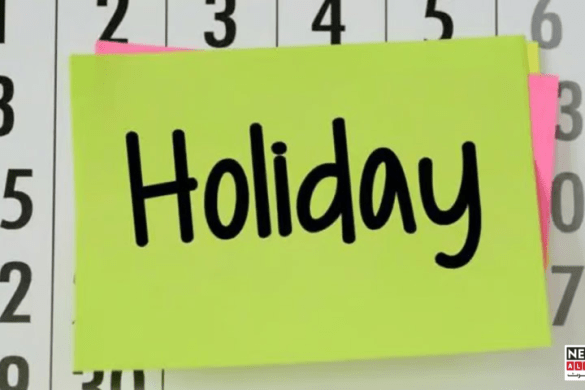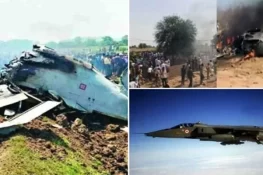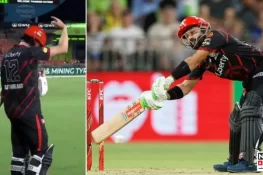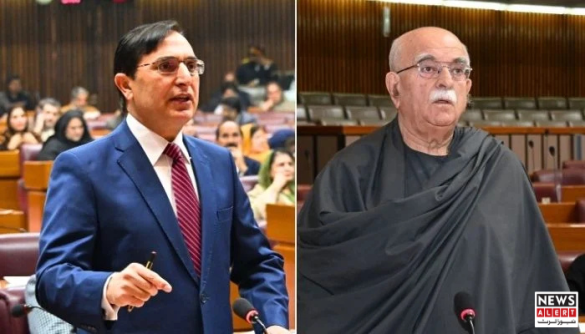Court’s Decision
The Islamabad High Court has ruled that a 15-year-old girl, who married by her own choice, may remain with her husband. The judgment, delivered by Justice Muhammad Azam Khan, underscores the continuing debate in Pakistan over the clash between Islamic law and child marriage legislation.
The case involved a girl named Madiha Bibi, who petitioned the court expressing her unwillingness to return to her parents. She stated that she had entered into marriage of her own free will and wished to live with her husband.
During the hearing, the court noted that even while residing in a crisis center, Madiha consistently requested to join her husband. This persistence influenced the court’s ruling, which allowed her to remain with him despite her being under 18.
Shariah versus Statutory Law
The verdict raises critical questions about how Pakistan reconciles Shariah principles with statutory protections for minors.
According to Islamic jurisprudence, a marriage is considered valid if the woman has reached puberty and consents. However, under the Islamabad Child Marriage Restraint Act 2025, marriages involving anyone under the age of 18 are criminal offences.
Justice Azam Khan acknowledged this contradiction. He explained that while the law treats child marriage as a punishable act, Islamic law does not render such a union void if consent and puberty are established.
Discrepancy in Age Records
The case further revealed discrepancies between official records and the marriage certificate. The nikah nama (marriage contract) listed Madiha’s age as 18. However, the National Database and Registration Authority (NADRA) documents confirmed her actual age as 15.
This inconsistency raised concerns about oversight in marriage registration procedures. The judge observed that such gaps enable underage marriages to proceed unchecked.
Court Recommendations
In its detailed judgment, the High Court urged the government to strengthen regulatory systems. Justice Khan recommended that NADRA’s database be fully integrated with marriage registration processes. This would make age verification mandatory before the approval of any union.
He further proposed that marriage registrars should be legally bound to reject requests involving individuals below 18. The absence of such measures, he warned, would continue to undermine child protection laws.
Wider Context of Child Marriage in Pakistan
Child marriage remains a contentious issue in Pakistan, where cultural traditions, religious interpretations, and legal frameworks often clash.
According to UNICEF, around 18 percent of girls in Pakistan are married before the age of 18, and nearly 4 percent before 15. Such practices are more prevalent in rural areas and often linked to poverty, lack of education, and patriarchal norms.
While some provinces, including Sindh, have criminalised marriage under 18, others still apply varying legal thresholds. Critics argue that inconsistent laws create loopholes, making enforcement difficult.
Debate over Legal and Religious Authority
The Islamabad High Court’s ruling is likely to reignite debate between religious scholars, lawmakers, and human rights advocates.
Supporters of stricter child marriage laws argue that early unions violate children’s rights, disrupt education, and expose girls to health risks, including early pregnancies. On the other hand, religious scholars often stress that Islamic jurisprudence should guide family matters, particularly marriage.
This tension reflects a broader struggle in Pakistan: balancing international human rights commitments with interpretations of Shariah.
Conclusion
The case of Madiha Bibi highlights the complex intersection of faith, law, and social realities in Pakistan. While the Islamabad High Court has permitted her to live with her husband, the judgment also calls for systemic reforms to prevent misuse of marriage laws.
For now, the ruling underscores the urgent need for clarity: should Pakistan prioritise Shariah-based definitions of adulthood, or enforce statutory protections that recognise 18 as the minimum legal age for marriage?















